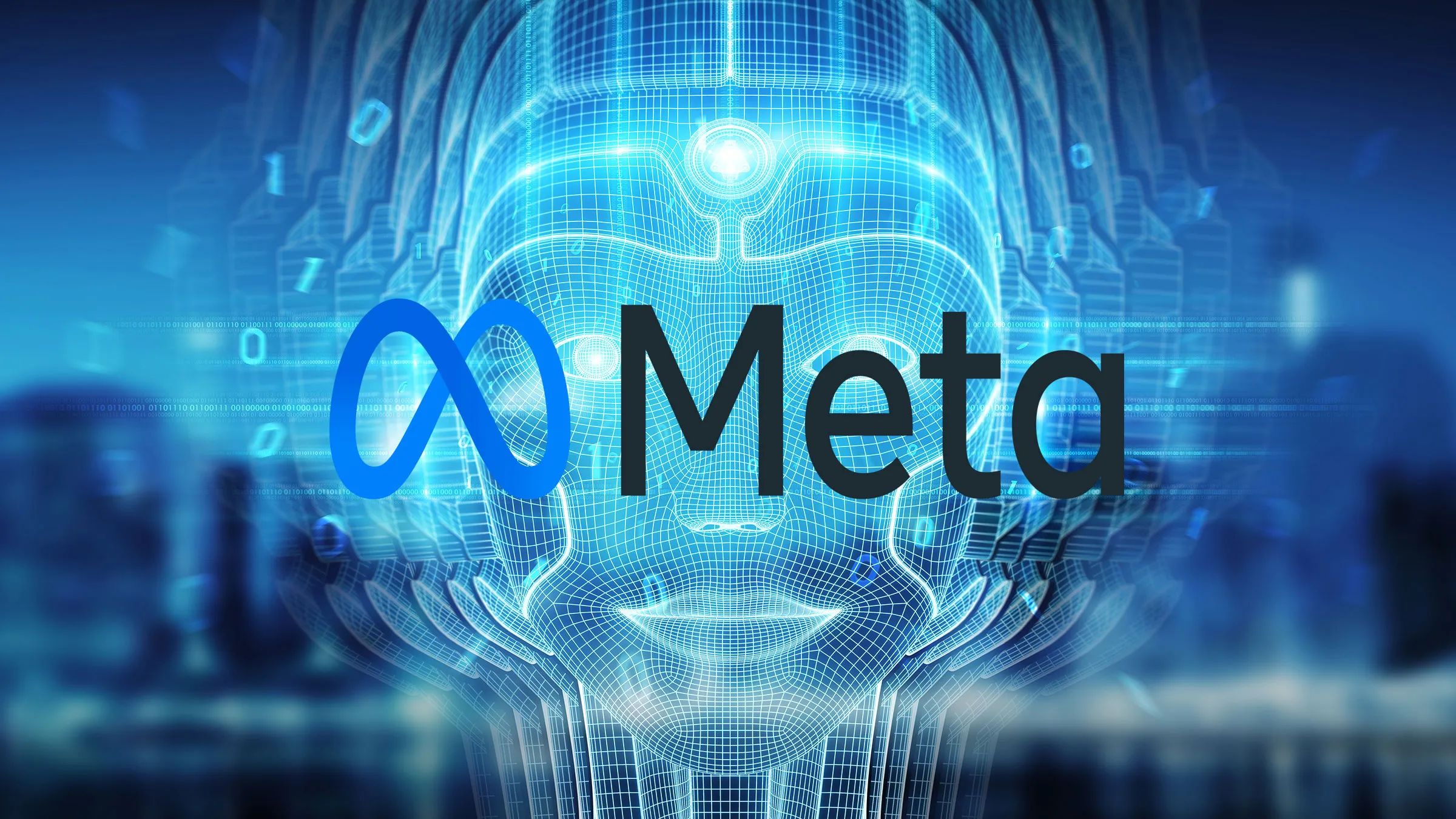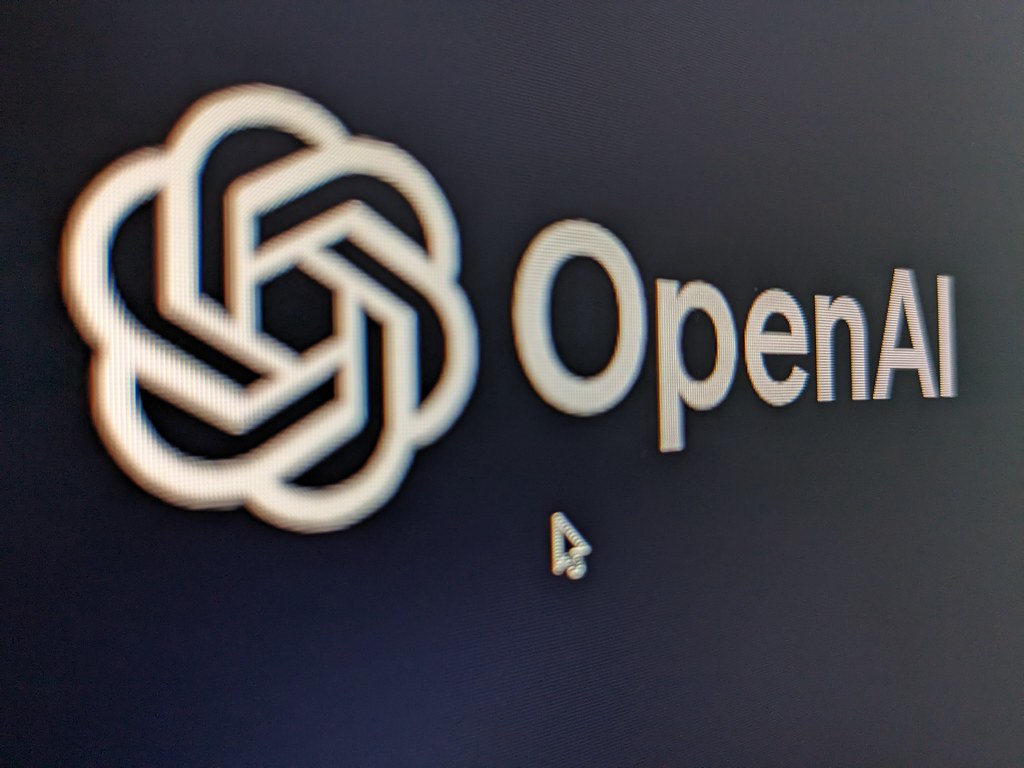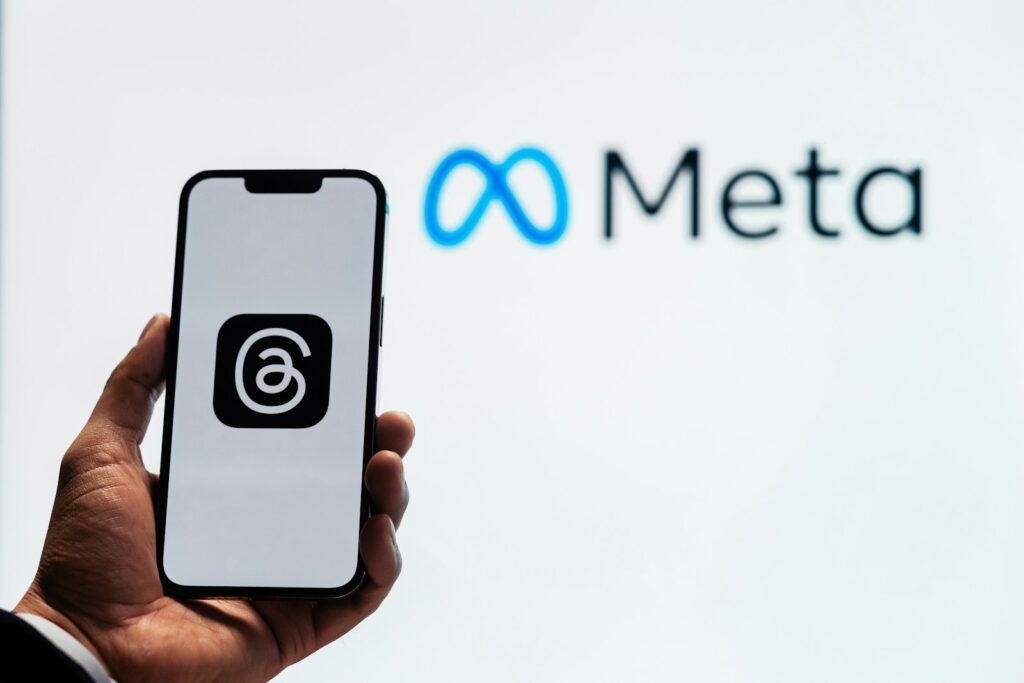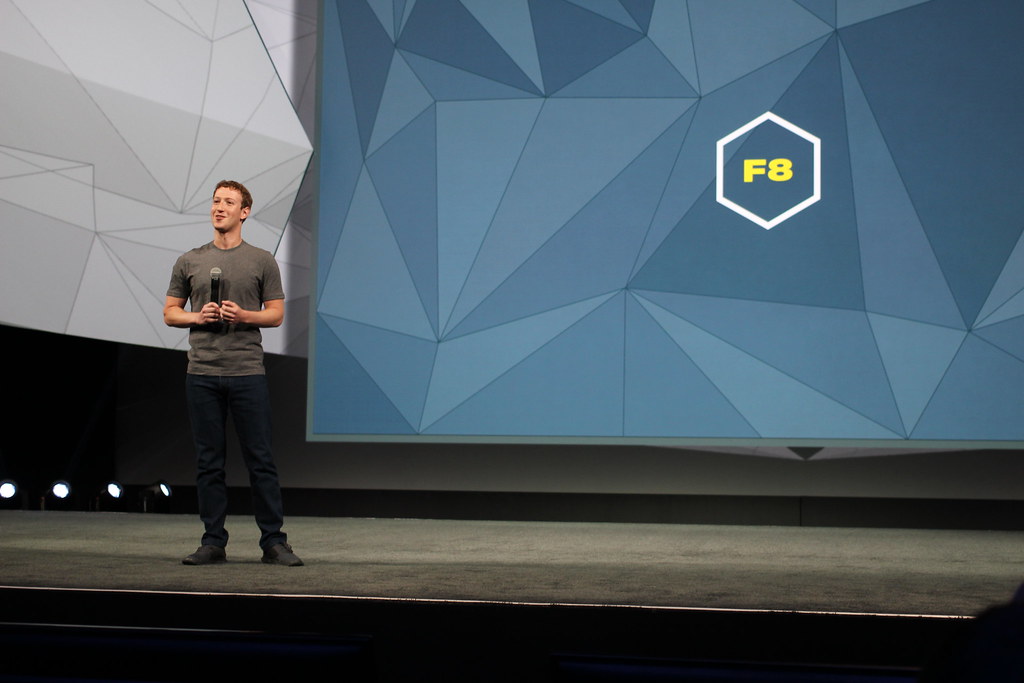
In the ever-accelerating race to define the next era of technology, Meta has emerged as a truly bold pioneer, recalibrating its vast corporate compass. Under the visionary leadership of CEO Mark Zuckerberg, the company’s aggressive pivot toward AI-driven superintelligence is not merely a strategic adjustment; it represents a calculated, high-stakes wager on fundamentally reshaping digital advertising, user engagement, and, ultimately, global AI leadership. This transformation marks a profound evolution for a company that, in 2004, launched Facebook and subsequently empowered billions globally with apps like Messenger, Instagram, and WhatsApp.
Meta’s earlier public focus at Connect 2021 centered on bringing the metaverse to life, aiming to help people connect, find communities, and grow businesses within immersive digital spaces. The metaverse was envisioned as a hybrid of today’s online social experiences, at times expanded into three dimensions or even projected into the physical world, enabling shared immersive experiences even when physically separated. This was presented as the “next evolution in a long line of social technologies.”
Yet, a significant shift has taken place. While the metaverse once dominated its corporate vision, the undeniable new priority is AI superintelligence. Zuckerberg’s ambition is to transform Meta from what was predominantly a social media company into an AI-first enterprise, one that leads the creation of intelligent systems capable of human-level reasoning and potentially far beyond. This strategic pivot acknowledges the immense potential and pervasive impact of advanced AI technologies on society and business, signaling a new chapter for the company.
This audacious ambition is backed by staggering capital expenditures, soaring to unprecedented levels. Meta’s projected 2025 capital expenditures are estimated at an astonishing $66–$72 billion, marking a monumental $30 billion jump from 2024. This colossal investment underscores the company’s profound commitment to constructing an AI infrastructure capable of hosting what it terms “titan clusters” like Prometheus and Hyperion.

These formidable systems, expressly designed to power next-generation AI models, are already absorbing a remarkable 35% of the company’s projected 2025 revenue. The scale of these financial commitments is truly breathtaking; for context, Meta alone spent $17.01 billion on capital expenditures in Q2 2025, a significant increase compared to $8.47 billion in the same period of 2024.
This isn’t speculative spending; it is foundational. By constructing massive data centers, which Zuckerberg has likened in size to Manhattan, and strategically acquiring AI startups, Meta is meticulously laying the groundwork for a future where superintelligence could conceivably become a consumer product. The company’s “Superintelligence Labs” initiative exemplifies this forward-looking vision, aiming to create AI systems capable of hyper-personalized interactions, such as smart glasses providing real-time visual and auditory feedback.
The pursuit of superintelligence, defined as a machine more powerful than the human brain, requires not only immense computational resources but also unparalleled human capital. Meta has squarely positioned itself at the epicenter of a fierce global talent war for top-tier AI researchers. The company is aggressively recruiting the brightest minds in the field, reportedly offering lucrative compensation packages that can reach as high as $100 million for some of the most sought-after experts.
This aggressive recruitment strategy is a clear indicator of the broader talent skirmish currently unfolding across Silicon Valley, where major tech companies like OpenAI and Google are equally vying for a limited pool of highly skilled AI professionals. Meta’s decision to form “small, talent-dense teams” reflects a strategic pivot, fostering collaboration and innovation among its researchers. Zuckerberg himself has noted that “for leading research on superintelligence, a compact team capable of holding complex ideas is preferable.”

Indeed, the creation of Meta Superintelligence Labs, now co-led by Alexandr Wang, formerly CEO of Scale AI, and Nat Friedman, formerly CEO of GitHub, symbolizes this renewed commitment. Meta’s recent $14.3 billion investment to acquire a 49% stake in Scale AI, a company specializing in data labeling crucial for training sophisticated AI models, further illustrates its strategy of vertical integration and securing essential components for its AI ambitions.
While the concept of “superintelligence” itself is a loosely defined term, sometimes viewed by external observers as a “commercial thing, a branding thing, an advertising thing, rather than a technical thing” as Professor Subbarao Kambhampati noted, it certainly serves to attract the elite talent Meta seeks. These leading researchers, already earning millions annually, are driven by the desire to work on the most ambitious and groundbreaking projects.
Meta’s deeper dive into superintelligence also stems from a reevaluation of its previous AI strategies. The company’s latest large language model, Llama 4, for instance, “did not live up to expectations” and was “not as powerful as rival systems from the likes of OpenAI and Google.” This prompted a restructuring, shifting focus to more ambitious goals and channeling efforts into creating powerful AI systems that can achieve superintelligence.

This willingness to pivot and invest heavily in AI infrastructure, even amid reports of “employee churn and management issues” related to its prior AI endeavors, showcases Meta’s steadfast commitment to remaining at the forefront of innovation. The company responded swiftly to the arrival of OpenAI’s ChatGPT, introducing its own chatbot, Meta AI, and remarkably, accelerated industry-wide development by open-sourcing its key technologies, an uncommon practice among leading AI companies at the time.
Despite the significant capital outlay and the long-term nature of its superintelligence quest, Meta’s AI strategy is already demonstrating tangible payoffs, particularly in its core business: monetization. By seamlessly integrating AI across its sprawling ecosystem—including Facebook, Instagram, WhatsApp, and Threads—the company is effectively creating a closed-loop platform. This platform allows AI to simultaneously enhance user engagement and significantly boost ad revenue.
For example, the deployment of AI-powered tools such as Advantage+ and Generative Ads Recommendation has already resulted in a remarkable “21.6% year-over-year increase in ad revenue in Q2 2025.” This is a direct, measurable return on investment, showcasing how Meta’s AI advancements are bolstering its financial performance in the present, not just in some distant future.

Small and midsize businesses (SMBs), which currently “account for 30% of Advantage+ users,” are increasingly relying on Meta’s automated ad creation tools. This trend is so pronounced that analysts project it could “expand to 100% by 2026.” This end-to-end integration provides Meta with a critical advantage over competitors like OpenAI and Google, which often rely on more fragmented AI solutions.
Meta’s unique ability to leverage vast amounts of user data across its diverse platforms allows it to refine its AI models in real time, thereby optimizing ad targeting and content curation with unprecedented precision. Industry analysts project that these AI-driven ad tools could generate a substantial “$28 billion revenue tailwind by 2030,” with ad revenue growth averaging “4–5% annually through that period.” This underscores the immediate and growing financial impact of its AI investments.
Even with these capital-intensive AI investments, Meta’s financial foundation remains robust. In 2024, the company generated an impressive “$54.07 billion in free cash flow” and maintained a healthy “42.18% operating margin.” This strong financial performance was achieved even as its Reality Labs division reported a “$4.53 billion loss,” demonstrating Meta’s capacity to absorb significant investment costs.

This financial flexibility is crucial, enabling Meta to sustain high operating expenses, projected at “$113–$118 billion in 2025,” while simultaneously continuing to reward shareholders through buybacks and dividends. The company’s consistent track record of “exceeding earnings estimates” and its “diversified revenue streams” from various platforms provide a significant buffer against short-term market volatility.
However, the path to superintelligence is not without its formidable challenges and inherent risks. Regulatory scrutiny, particularly under the purview of the EU’s Digital Markets Act, could potentially limit Meta’s ability to integrate AI seamlessly across its platforms. Furthermore, growing environmental concerns regarding AI’s substantial energy consumption, alongside macroeconomic headwinds such as U.S.-China trade tensions, pose additional obstacles.
Beyond external pressures, significant technological hurdles persist. As Professor Kambhampati articulated regarding current AI tools, “These are great tools,” but he added, “But I don’t believe we are anywhere near A.G.I. or superintelligence. With these tools, you always need a human in the loop.” The very definition of AGI as a machine that “can do anything the human brain can do” and superintelligence as something “more powerful than the human brain” remains elusive, despite some tech leaders expressing optimism about their proximity.

Ethical considerations are also paramount. The development of advanced AI systems necessitates addressing complex issues such as algorithmic bias, privacy implications, and the potential for misuse. Meta’s leadership has acknowledged the critical importance of responsible AI development, recognizing that the societal impact of superintelligence demands careful stewardship.
Looking ahead, the potential applications of superintelligence are vast and transformative, promising to revolutionize numerous sectors. In healthcare, for instance, superintelligent AI systems could analyze colossal amounts of patient data, identifying subtle patterns and recommending highly personalized treatment plans, potentially leading to significant advancements in early diagnosis and preventative care.
Within the realm of education, AI-powered tools could provide uniquely personalized learning experiences, meticulously tailored to individual students’ needs. By analyzing learning patterns and adapting to diverse learning styles, superintelligent systems could foster unprecedented levels of engagement and understanding among learners, fundamentally reshaping educational methodologies.

Even the transportation sector stands to undergo profound improvements through the integration of superintelligent AI. From optimizing complex traffic flows in dense urban areas to significantly enhancing the safety and efficiency of autonomous vehicles, the potential for transformative change is immense and far-reaching.
Meta’s bold commitment to building superintelligence reflects a pervasive trend within the tech industry, where companies are increasingly recognizing AI’s unparalleled potential to sculpt the future. As the global race for talent and computational resources intensifies, Meta’s strategic trajectory will undoubtedly be scrutinized by industry observers and formidable competitors alike.
For long-term investors, Meta represents a unique and high-conviction opportunity. Its AI-driven superintelligence strategy isn’t merely about maintaining competitiveness; it’s about fundamentally redefining the rules of the game. The company’s proven ability to monetize AI through advanced ad tools, potential enterprise partnerships, and API access firmly positions it as a leading contender in the colossal $1 trillion global advertising market.

Moreover, Meta’s unwavering focus on superintelligence aligns perfectly with powerful secular trends in automation, hyper-personalization, and real-time data processing, creating a fertile ground for sustained growth. While the costs are undoubtedly significant, the potential for sustained revenue growth, substantial margin expansion, and undeniable market leadership is equally compelling. For those willing to embrace this ambitious, long-term vision, Meta isn’t merely a stock; it represents a tangible stake in the unfolding future of artificial intelligence.



